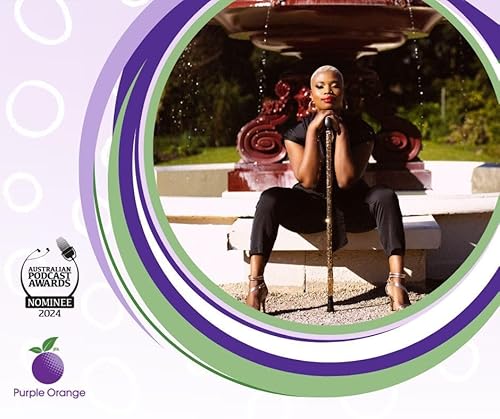
Black people can be disabled: Breaking the cycle of disability stereotypes
Échec de l'ajout au panier.
Échec de l'ajout à la liste d'envies.
Échec de la suppression de la liste d’envies.
Échec du suivi du balado
Ne plus suivre le balado a échoué
-
Narrateur(s):
-
Auteur(s):
À propos de cet audio
What happens when the world refuses to see who you really are?
When Khadija Gbla was diagnosed as autistic in their 30s, it brought relief — and grief for all the years spent masking, misunderstood. In this powerful episode, they reflect on cultural stigma, disability, racism, and how becoming a parent helped them begin to heal and rewrite the story.
Born in Sierra Leone and resettled in Australia as a teenager, Khadija’s story is one of survival, identity, and fierce love — especially for their son, Sammy, who is also autistic.
With honesty and strength, Khadija shares how racism, ableism and cultural stigma collided throughout their life, and how they’re now rewriting the narrative — for themselves and for the next generation.
“I wish I had had somebody like me to realise that Black girls can also be disabled.”
Listen now to hear a story of strength, claiming identity, and the power of self-acceptance and understanding.
Download the transcript for Black people can be disabled: Breaking the cycle of disability stereotypes


